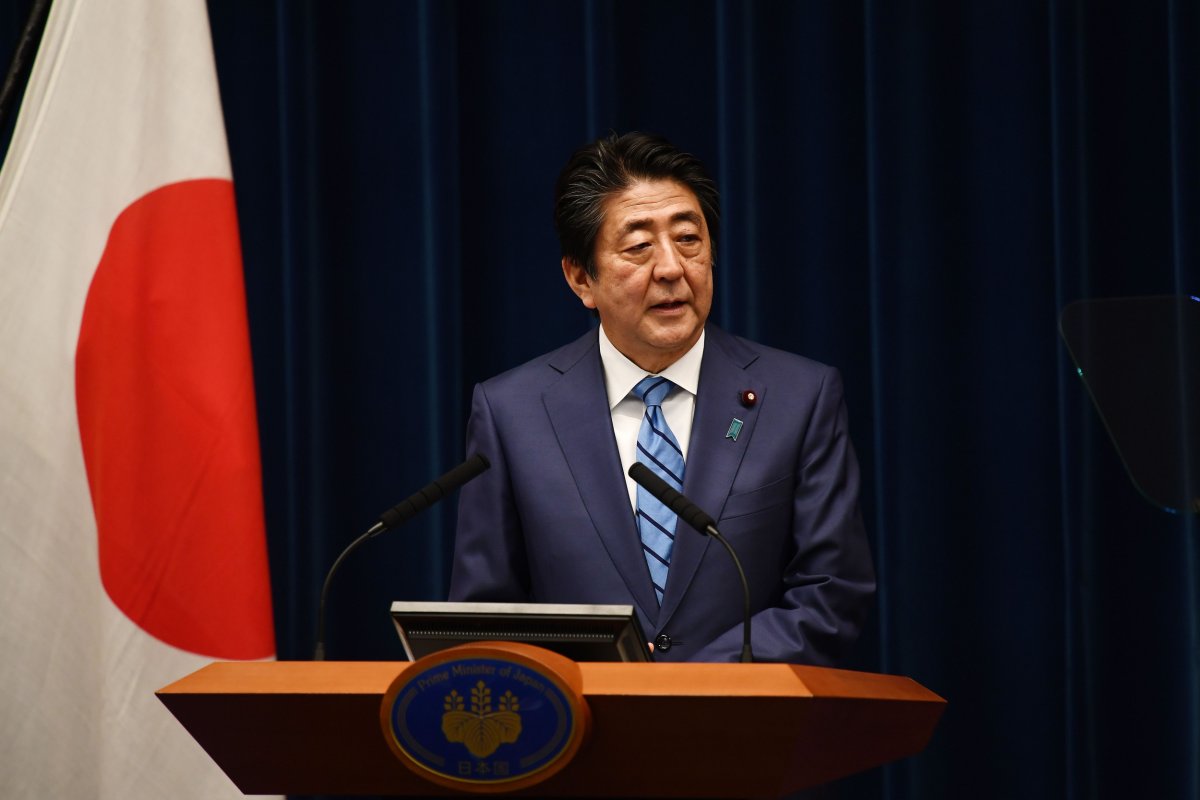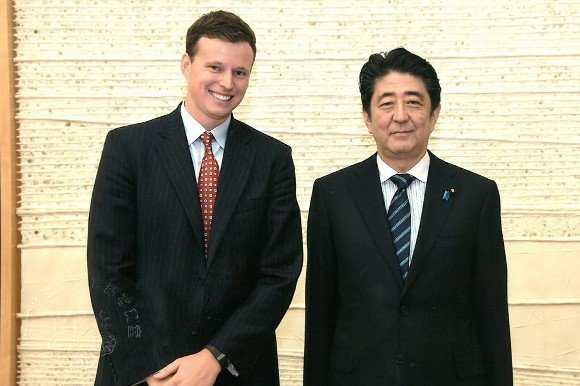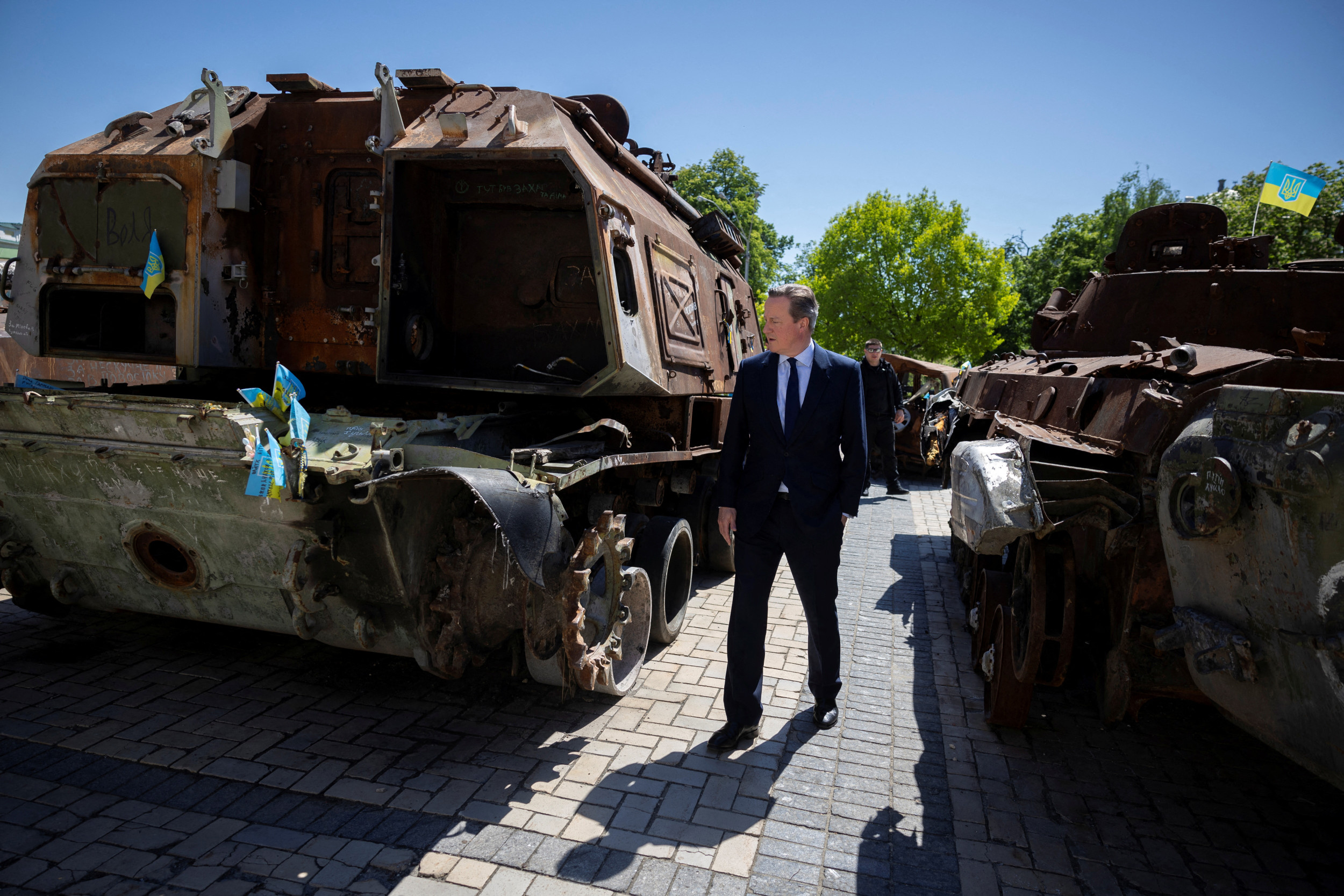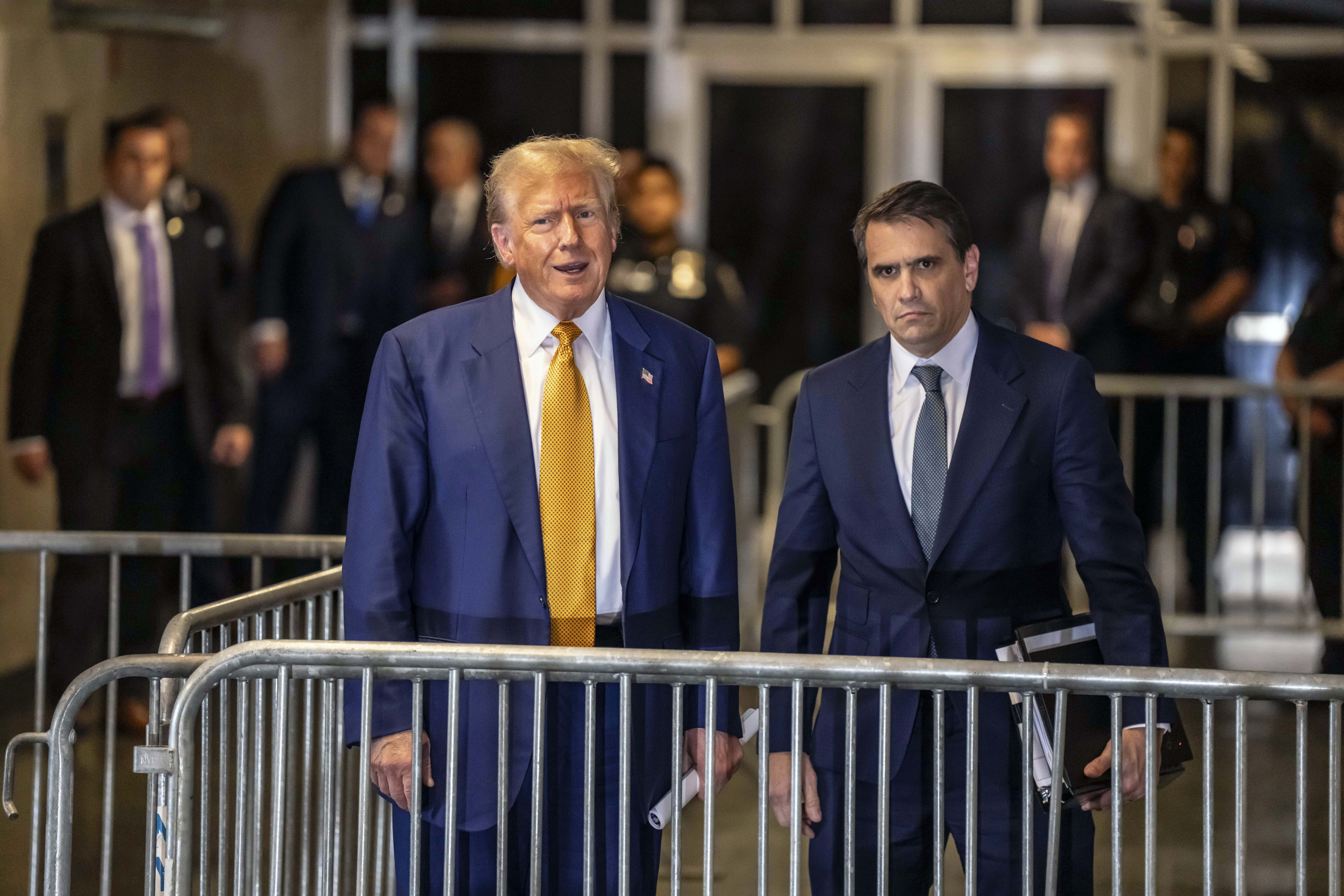Much has been written about the tragic assassination of former Prime Minister Shinzo Abe on Friday, July 8. As both the youngest and longest serving prime minister in modern postwar Japan, Abe was also Japan's most consequential leader, and a resilient friend in every sense of those words. From his family legacy to his politics and policies, his untimely demise has captured world attention—not only for how he died but for the true friend he was to all of us, one who was taken too soon.
The last words that Shinzo Abe formally delivered to Japan Society encapsulate this perfectly: "The friendship and alliance between Japan and the United States is immutable. It is my hope that the Japan Society, which for over 100 years has been fostering that friendship, will take on an even bigger role and receive the support of even more Americans across the country." With the mission of building friendships between American and Japanese people and societies, Japan Society has been a friend of every prime minister and president since its founding. While I can't speak for most of these leaders whom I've never had the privilege of knowing or calling friend, I know that in Shinzo Abe we lost a true friend of America and U.S.-Japan relations.
Shinzo Abe came from a long line of public servants, among them both pre- and-post war Japanese leaders, along with all the baggage that this carried. As a result, on April 29, 2015, when he stood before the U.S. Congress for a joint session—the first such occasion for any Japanese leader—and delivered his "Alliance of Hope" address, his words resonated clearly. Speaking in English, he personalized his family legacy—from his grandfather, who had been prime minister and his father, who was foreign minister—and he wove together how prior enemies could become present friends.
On that day I remember listening to Prime Minister Abe reflecting on his visit to the World War II Memorial in Washington, D.C., which I had also visited with my own grandfathers to show them what they had fought for in Japan as an Air Force pilot and an infantryman. I marveled at how a Japanese prime minister could now offer his heartfelt condolences for those "defending freedom." We had been mortal enemies locked in the horrors of war, yet here, in a more perfect union, Abe personified the beautiful imperfections of our humanity. When he visited both Pearl Harbor and Hiroshima for the first time in the company of an American president, he showed just how harsh history could be along with the redemptive power of true reconciliation and peace among friends. The stories that Abe drew on—of American and Japanese soldiers who fought with valor and honor—also included his own family. This has long resonated with me, given my own family legacy and experiences of growing up in Japan, which have also shaped me as a bridge builder for our alliance of hope.
What was so impressive about Abe wasn't just his longevity, enthusiasm, or policy accomplishments, but his own resiliency within his family profession. In the face of failure after his first term as prime minister, following the Great East Japan Earthquake, tsunami and nuclear disaster of March 11, 2011, Abe returned to lead his party back to democratic victory and his nation onto the global stage. He thanked America for our friendship and support after March 11 using Carole King's classic song "You've Got a Friend." Abe was a true friend not just of American presidents, but of America itself.

Abe initiated the "Free and Open Indo-Pacific" discussion in the face of rising geopolitical uncertainties in that area, which led to the creation of the "QUAD"—the informal alliance between the U.S., Japan, India, and Australia. Yet as I reflect on why his passing has struck such a chord around the world, including our flying the American flag at half-mast and days of mourning in India and Australia, it isn't just about Abe's policies but about his version of resilient friendship. While there are many great characteristics of friendship—including loyalty, love, trust, and much more—what good are these without resiliency?
Abe's life ended abruptly while he was campaigning for his Liberal Democratic Party colleague in Nara two days before the national elections. The fact that he was taken so prematurely compared to other consequential prime ministers—such as Yasuhiro Nakasone, who passed away at 101 years old, and Junichiro Koizumi, who is 80 years old, both serving as elder statesmen—makes the loss of a true friend such as Abe that much harder.

As an aspiring next generation leader in the U.S.-Japan space I had the privilege of getting to know Prime Minister Abe. The last time I saw him, he singled me out as his "dosanko" friend, calling me by the name of the northernmost island of Hokkaido where I grew up. This wasn't unusual for him, as he had many friends and was always posing for pictures and shaking hands, but the fact is his friendship was anything but usual. For his dearest friend, his wife Akie-san, and those that he kept close to, he was the consummate friend, and that in turn inspired loyalty, love, and trust not just in own his friends but in his subordinates. It is to all of them that our condolences and prayers go, knowing that the consummate friend they have lost can no longer point the way toward the hope and resiliency that this world so desperately needs.
America has lost a resilient friend in the truest sense of those words.
Joshua Walker (@drjwalk) is president and CEO of Japan Society.
The views expressed in this article are the writer's own.
Uncommon Knowledge
Newsweek is committed to challenging conventional wisdom and finding connections in the search for common ground.
Newsweek is committed to challenging conventional wisdom and finding connections in the search for common ground.
About the writer
To read how Newsweek uses AI as a newsroom tool, Click here.








